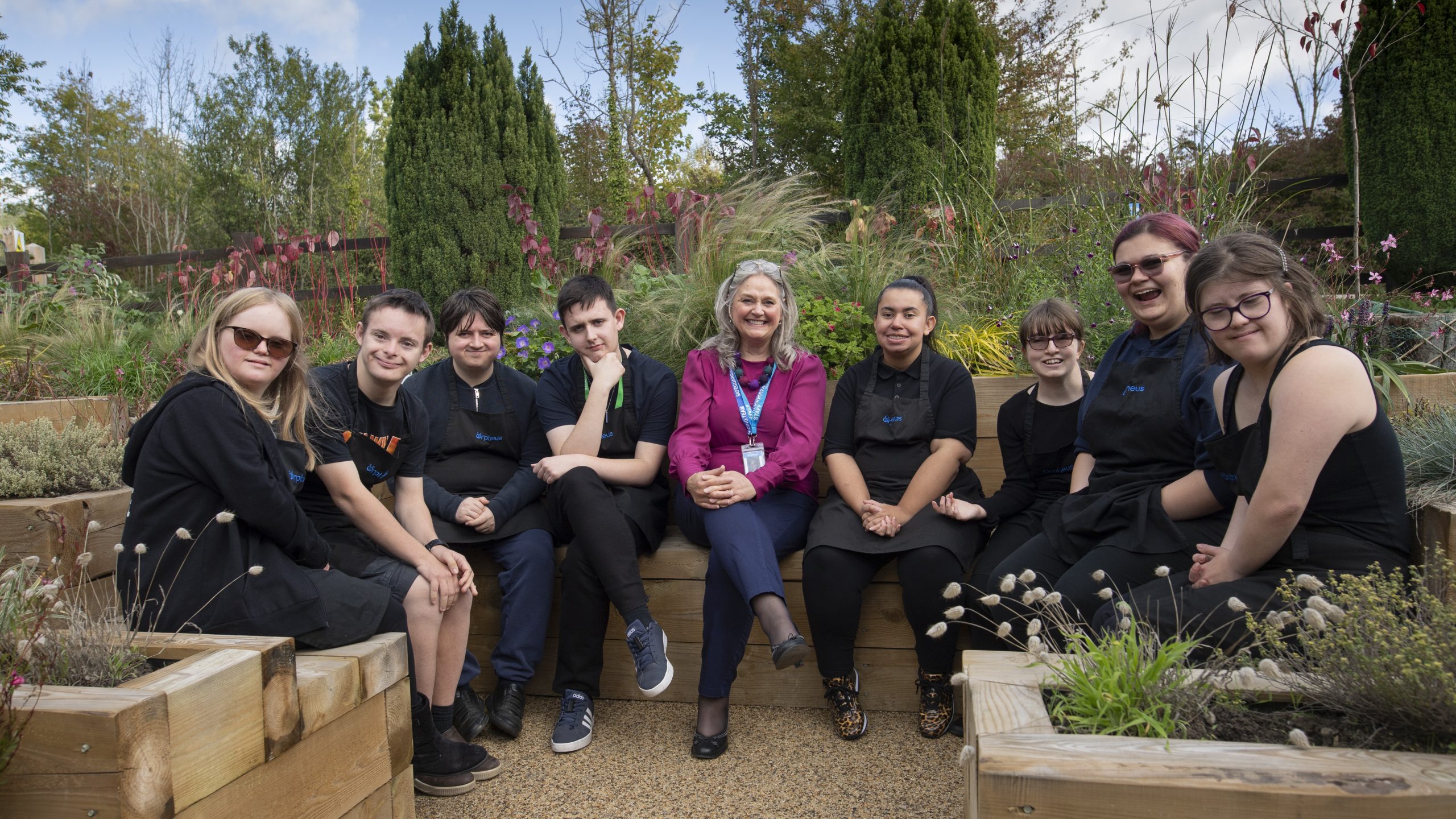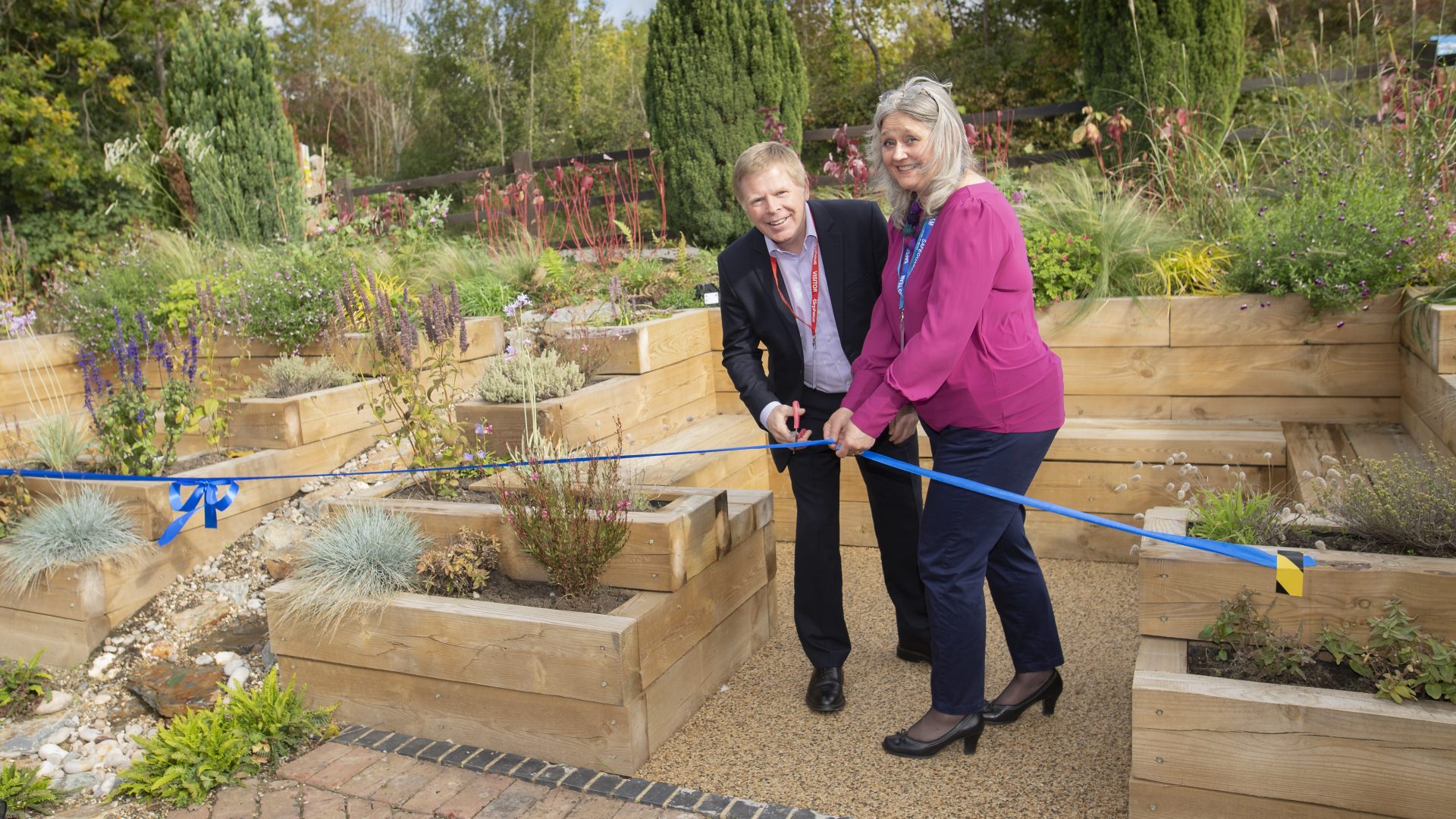A new water efficient garden will provide a journey through the senses to bring positive learning experiences to young disabled adults’ lives in Surrey.
Located at The Orpheus Centre, the garden was designed and built by a new partnership between SES Water and the independent specialist college.
The water company, which supplies drinking water to parts of Surrey, Kent and south London, provided its expert knowledge along with funding and 60 volunteers to help with the build.
The garden is filled with scented and edible plants, sculptures and water features to provide a visual opportunity for learning as well as being a pleasant place to relax.
The college designed its own friendly bench to help tackle loneliness and social isolation in local communities.

SES Water’s CEO, Ian Cain, said:
“We’re thrilled to be able to help in our community like this and to put our expert knowledge towards supporting such a worthy cause.
“The Orpheus Centre does such fantastic work with young disabled adults, and we’re pleased to have this garden complete.
“We helped with funding, the design and build to make sure every plant and feature is water efficient and isn’t damaging to the environment.
“This is the start of a fantastic new partnership, and we look forward to continuing to help the college improve the centre in Godstone.”
The Orpheus Centre’s CEO, Dr Rachel Black, said:
“We’re very grateful to SES Water for its help in this garden and look forward to a continuing the partnership.
“Along with the plants and water features we designed our very own friendly benches. This is an inspiring new movement sweeping across the UK which aims to tackle loneliness and social isolation in local communities.
“Our benches are a safe social space for anyone feeling lonely or at a loose end and the students will learn that this is a place to go if they want somebody to speak to.
“Many of our students at Orpheus have communication and social interaction difficulties (COIN) and live with a high degree of stress; this in turn can influence their behaviour and they may display obsessional behaviour, be hyperactive or show challenging behaviours.
“This sensory garden will help provide an enhanced opportunity for learning and educational outcomes, as well as being a pleasant place to relax.”



